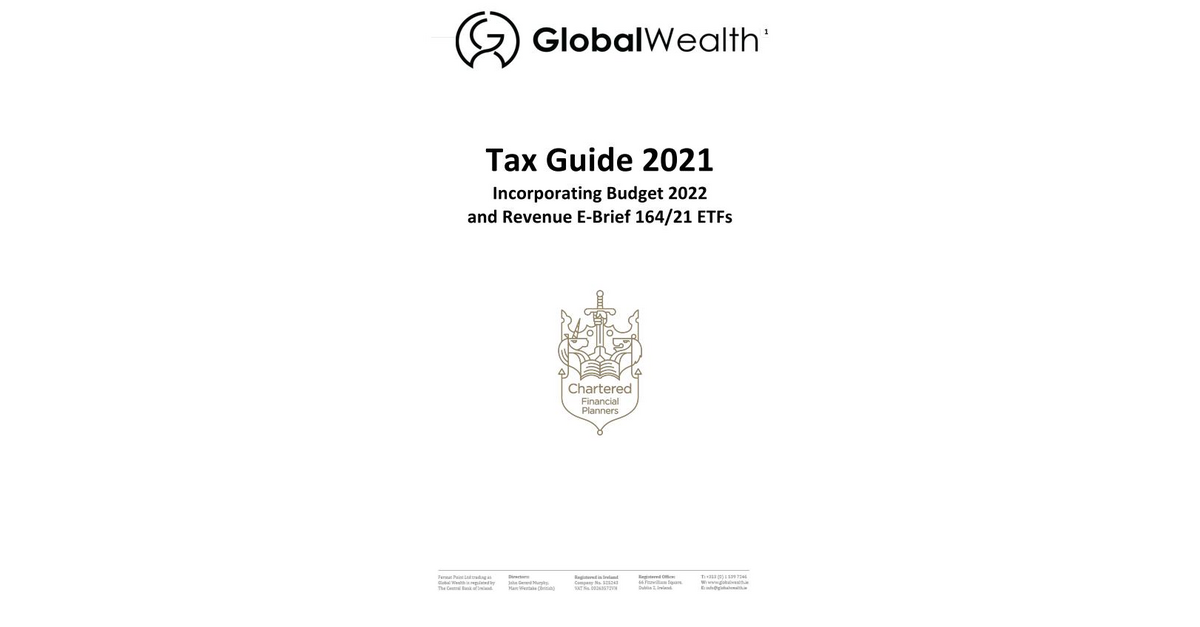Brendan Burgess
Founder
- Messages
- 55,193
If you own American shares or an American ETF when you die, your estate may be liable to US Foreign Estate Tax.
How does it work?
Brendan
How does it work?
Brendan
Last edited:
I’m positive.Are you sure that holding shares in american companies in a brokerage account in Ireland or the EU makes you liable for US Estate duties?
I would have thought that only applies if the assets are held in an american brokerage account?
From Wikipedia:-
Yes, the UK has a similar system, but with a higher threshold (£325k) and a spousal exemption.

Have you ever completed a W8ben?In any case, whatever about the legal obligations, there must be many people holding US outside the US who just ignore this completely and I can't imagine the IRS trolling through share registers to to collect a meagre amount of tax - I think my € 15,000 holdings in Microsoft are pretty safe and most unlikely to be reported to the IRS
That’s below the $60,000 threshold.In any case, whatever about the legal obligations, there must be many people holding US outside the US who just ignore this completely and I can't imagine the IRS trolling through share registers to to collect a meagre amount of tax - I think my € 15,000 holdings in Microsoft are pretty safe and most unlikely to be reported to the IRS
That depends where the ETF is itself domiciled. If it’s US, you’ve an issue. If it’s, say, Ireland, there’s no issue.What about shares in US companies where you hold an ETF which is invested in US companies eg S&P 500 ETFs?